Reflecting on the past year, we have certainly had more challenges and hardships with our Mangrove Education and Restoration Programs than ever before. Mother nature was unquestionably the main perpetrator of a string of events that caused interruptions and setbacks to our programs.
On September 1st Hurricane Dorian swept over Abaco, The Bahamas, where we have been conducting our B.A.M. program for the past four years. The destruction that occurred here is unfathomable. Most of my colleagues, teachers, students, and their families became homeless overnight during what was the worst hurricane ever to make landfall on The Bahamas. The infrastructure was almost entirely demolished, leaving many people displaced and without shelter, food, and electricity. Needless to say, we canceled our B.A.M. program for the year. We are just grateful that our B.A.M. family made it through this catastrophe.
Rainy weather in October hindered us from implementing any field trips with William Knibb High School during the second week of our J.A.M.I.N. program. Thankfully, our partners at the University of the West Indies Discovery Bay Marine Laboratory were able to return to the schools to conduct the field trips at a later date.
In January, while my colleagues at Alligator Head Foundation and I were driving in Port Antonio, an earthquake of 7.7 magnitude rattled Jamaica. The earthquake took place deep in the ocean, which reduced its impact significantly. Fortunately, no one was harmed, and only minor damages occurred. The following day the schools engaged in lengthy earthquake drills to prepare their students for a similar future scenario. Understandably, our programs were postponed.
Not long after I returned from Jamaica, COVID-19 started spreading its threatening tentacles around the world. When the risk of the pandemic became too great, our plans for the final phase of the J.A.M.I.N. program were cancelled. Shortly thereafter, Jamaican schools decided to close their doors for the rest of the school year.
As environmental educators, we try to strategize and plan our programs to be as meaningful and advantageous as possible for both students and teachers. We want them to learn about the environment by being out in it. This past year, in particular, we learned that this type of environmental education can come with its own set of challenges and setbacks. We can’t control Mother Nature or global pandemics. However, we have to be able to adapt to any obstacles that transpire, and through resilience and hard work, we will persevere.
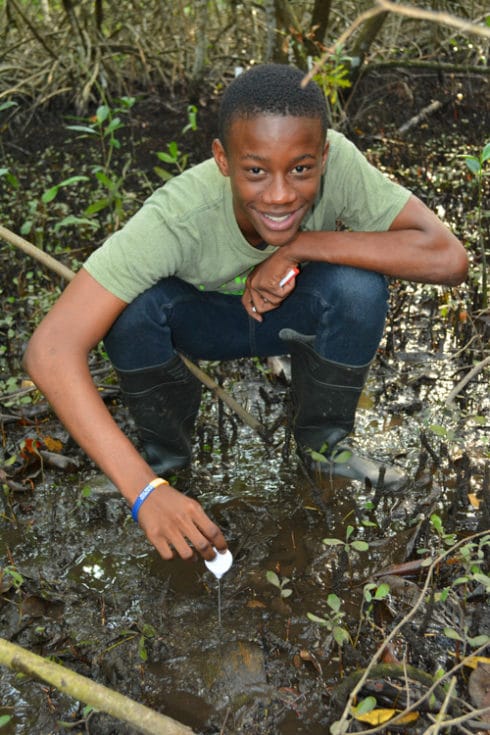
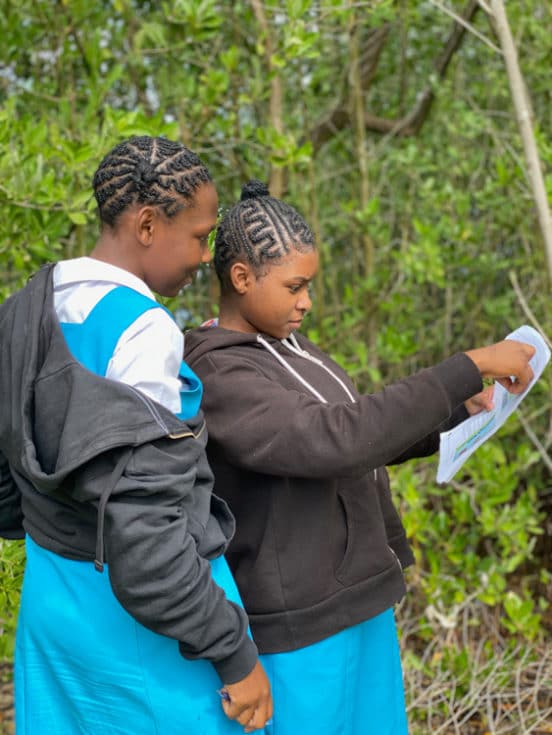
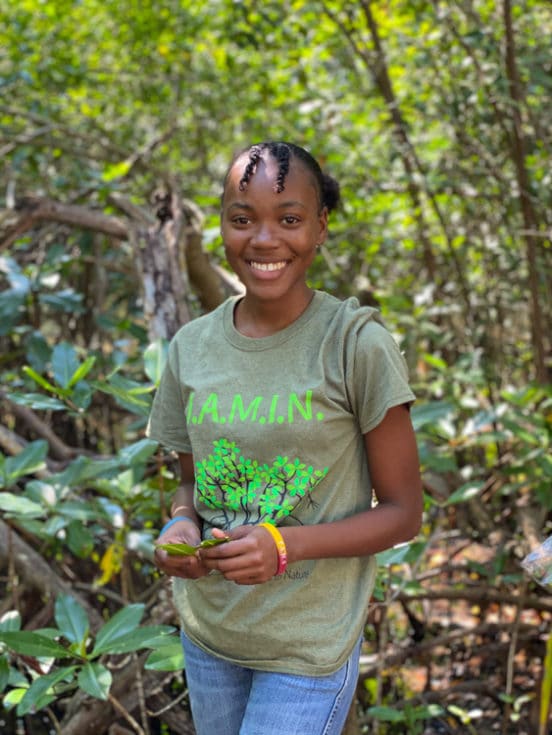
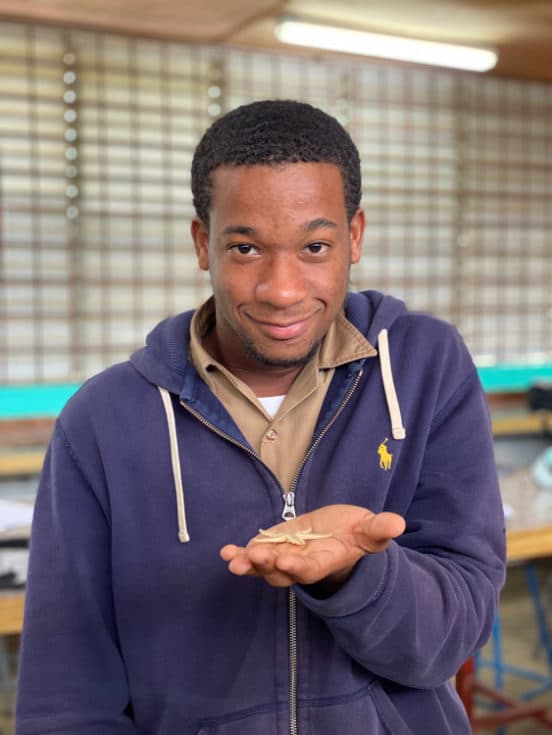
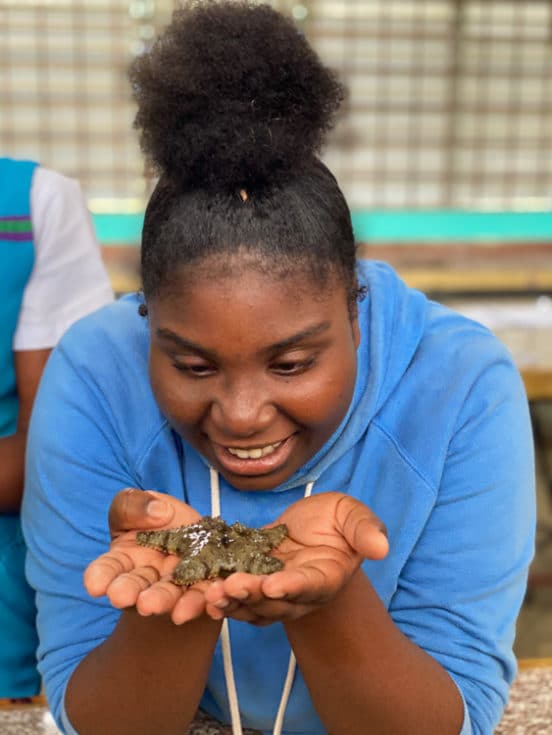
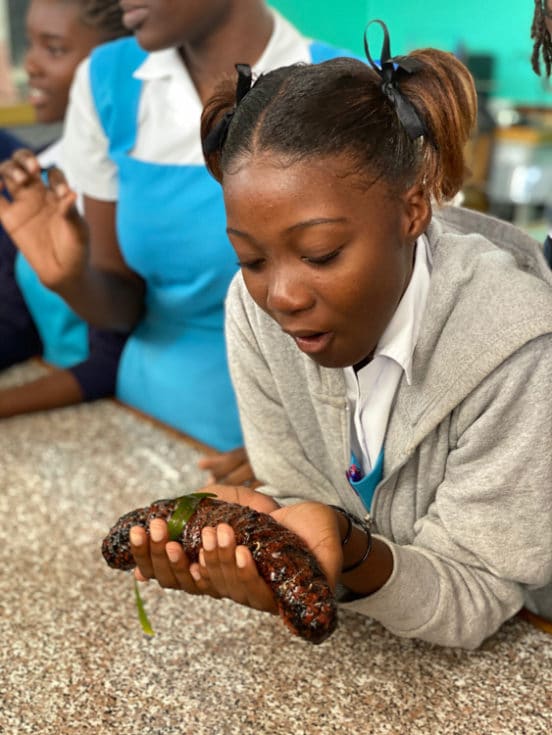
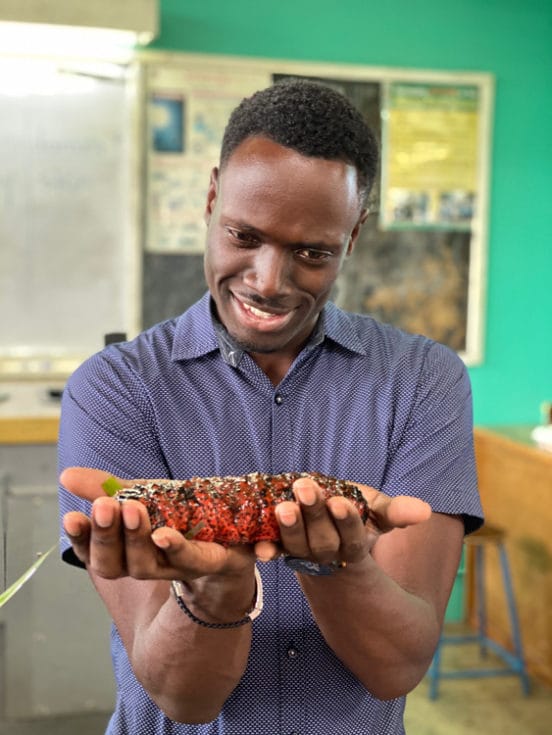
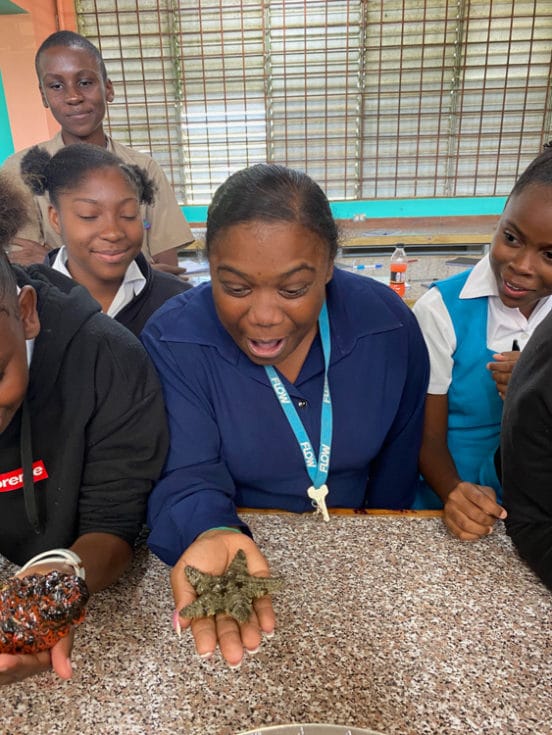
One Comment on “J.A.M.I.N. 2019-2020, A Year in Review”
Jan Baldwin
Amy,
Your very interesting story about the JAMIN Project and what the young people learned up until bad things started happening was impressive. We hope the resilience you and others in the program instilled in your students and teachers will sustain JAMIN until these horrific challenges are in our collective rear view mirror.